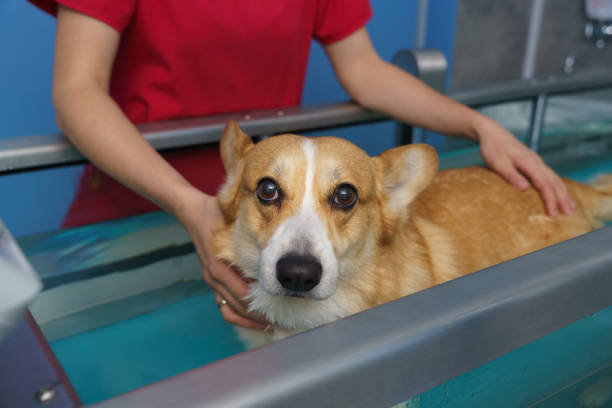Balanced Feeding Plans Across Life Stages
A pet’s nutritional needs evolve from puppy or kitten stages through adulthood and into seniors. Balanced feeding plans consider growth rates, activity levels, hydration, and common health concerns such as parasites or anxiety. Integrating diet with grooming, training, vaccination schedules, and enrichment supports long-term wellness for companion animals.

Balanced Feeding Plans Across Life Stages
How does nutrition and diet change with growth?
Young animals require higher calorie density and different nutrient ratios to support rapid growth. Puppies and kittens typically need more protein and specific fatty acids for brain and organ development, while controlled energy intake helps prevent excessive growth in large-breed dogs. As pets transition to adulthood, diet shifts toward maintenance formulas that balance calories, protein, and micronutrients to sustain ideal body condition. Monitoring growth and adjusting feeding volume supports training goals and overall behavior by preventing hunger-driven issues and maintaining steady energy for activity.
What hydration and parasite precautions matter?
Hydration is essential at every life stage; younger and senior pets can dehydrate more quickly, which affects digestion and nutrient absorption. Fresh water should always be available and intake monitored during illness or hot weather. Parasite prevention—internal and external—also affects nutritional planning: heavy parasite burdens reduce nutrient availability and can necessitate dietary adjustments or supplements. Coordinate parasite control with routine veterinary checks and vaccination timelines, since untreated infestations can undermine growth and compromise wellness across life stages.
How do vaccination and microchipping fit wellness?
Vaccination schedules and microchipping are part of a preventive-health framework that complements nutrition and lifestyle care. Ensuring pets receive age-appropriate vaccines reduces disease risk that can interrupt feeding routines or lead to long-term health problems. Microchipping supports safe reunification and can be especially important for seniors with cognitive decline or younger animals prone to escape. Together, these measures create a stable environment for following a consistent diet and grooming regimen that supports overall wellness.
How to support training, behavior, and socialization through feeding
Food can be a powerful tool for training and shaping behavior, but use it thoughtfully. High-value treats are useful for early training and socialization, particularly in growth stages when positive reinforcement helps build confidence. For pets with anxiety, scheduled meals and predictable feeding routines reduce stress and improve behavior. Consider portion-controlled rewards to avoid excess calories. Nutrition also influences temperament: balanced diets that meet micronutrient needs support cognitive function and energy balance, making training and socialization efforts more effective across life stages.
How do grooming and enrichment affect anxiety and appetite?
Grooming and environmental enrichment interact with feeding habits in subtle ways. Regular grooming supports skin and coat health, which can affect appetite if infestations or dermatologic issues are present. Enrichment—puzzle feeders, timed release toys, and sensory stimulation—encourages natural foraging behavior and can improve appetite in picky eaters or reduce anxiety-related overeating. For anxious pets, combine enrichment with calming dietary supports and consistent grooming schedules to create a predictable routine that stabilizes eating behavior and promotes long-term wellness.
What adjustments help seniors’ diet and overall wellness?
Senior pets often need altered nutrient profiles: more easily digestible protein, adjusted calorie intake to prevent weight gain or loss, and supplements when joint or cognitive support is necessary. Dental health commonly affects seniors’ ability to eat, so texture changes (soft or moistened food) help maintain adequate intake. Monitor for age-related issues such as decreased thirst, reduced activity, or medication interactions that influence diet. Regular veterinary assessments help refine feeding plans that prioritize comfort, hydration, and continued enrichment for quality of life.
This article is for informational purposes only and should not be considered medical advice. Please consult a qualified healthcare professional for personalized guidance and treatment.
In summary, balanced feeding plans require attention to changing nutritional needs, hydration, parasite prevention, and integration with grooming, training, vaccination, and microchipping efforts. Thoughtful feeding routines support growth, reduce anxiety, and improve socialization outcomes while promoting long-term wellness from early life through the senior years.






